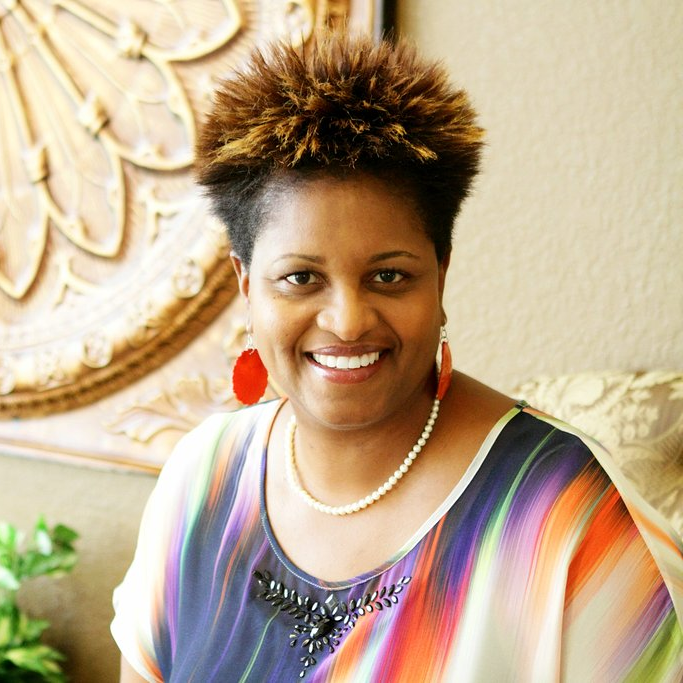Cultural Intelligence is the ability to interact and work effectively in intercultural settings or contexts. These may include family structures, organizations, regions of the country, ethnicities, and others.
Spiritual disciplines are designed to increase our spiritual formation so that we can becomemore Christ-like. These can include disciplines of abstinence like fasting and chastity or disciplines of engagement like worship, study, or prayer. There are many spiritual disciplines.
Relinquishment is letting go of issues and things that may hinder us from something but doing so with hope, assurance, and joy. We pray prayers of relinquishment to let things go that bother us, distract us from what God has called us to, and then allow God to work those things out for us. We put our full trust in God to do so.
I was teaching a course in our Fresh Expressions Resilient Church Academy and one of my students asked a very unique, thought-provoking question. “What if we viewed cultural intelligence as a spiritual discipline of relinquishment?” I was floored (in a good way) by his suggestion. It made me contemplate and of course, write. What if? What if we let go of our perceptions, notions, and stereotypes about other cultures? By the way, when I say other cultures, I don’t mean those outside of your sphere; I mean those differing cultures that are right in your face! The ones in your church, next door to you, on the job, and in your city. People you know and see each and every day. What if we let go of preconceived notions and maybe even let go of some of our strongly held cultural norms and traditions in order to better understand and appreciate our neighbor? What if?
Philippians 2:7 reads, “have this mind among yourselves, which is yours in Christ Jesus, who, though he was in the form of God, did not count equality with God a thing to be grasped, but emptied himself, by taking the form of a servant, being born in the likeness of men” (ESV). The King James Version reads that He made “Himself of no reputation” meaning to make void, to empty, to abase, to lay aside His equality with God so He could be like us. Selah.
What would I give up, empty out, or lay aside from my culture to embrace another’s culture? Surely, I would need to step out of my comfort zone in order to do this. Surely, I would need to decide if my values, mores, norms, or traditions were even appropriate and if they were excluding others from being in my circle. What was the Kingdom culture of Jesus? He preferred the poor, outcast, lame, blind, women, and others as He poured into them for 3.5 years before making the ultimate sacrifice on the cross.
What would you give up to understand your neighbor better? What would the world look like if we (individuals and the Church) relinquished our hate, negative opinions, and incorrect notions, about other cultures? I as an eternal optimist seem to think the world would be a better place, God’s Church would flourish, and things would look different.
Your turn
I have to thank my student for making me contemplate this thought. As you finish this article, reflect on how you too can be the change God seeks in the world.



